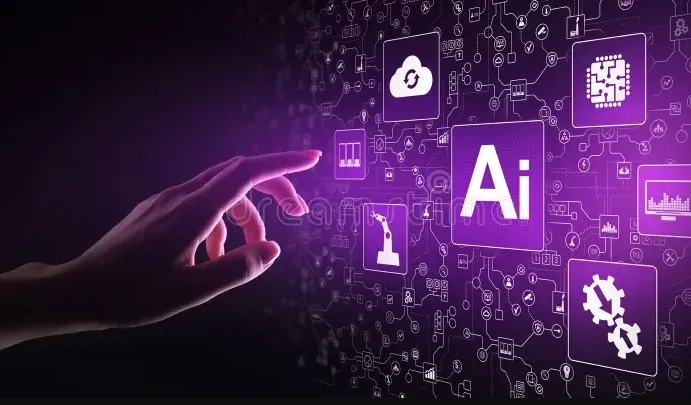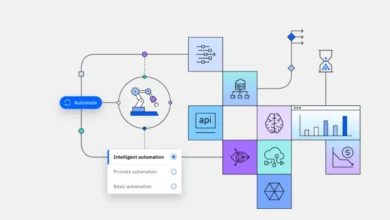Demystifying the Role of AI in Phones: How Smartphones Harness Artificial Intelligence

In recent years, smartphones have become increasingly intelligent, thanks to advancements in artificial intelligence (AI) technology. From voice assistants to camera enhancements and predictive text, AI is integrated into various aspects of smartphone functionality, revolutionizing the user experience. But how exactly do phones use AI, and what benefits does it bring to users? In this blog, we’ll explore the fascinating ways in which smartphones leverage AI to enhance performance, efficiency, and convenience.
Contents
1. Voice Assistants:
One of the most common applications of AI in smartphones is voice assistants. Voice-enabled AI technologies, such as Siri, Google Assistant, and Bixby, allow users to interact with their phones using natural language commands and queries. These voice assistants use machine learning algorithms to understand and interpret user speech, perform tasks, and provide responses or actions accordingly. Whether it’s setting reminders, sending messages, making calls, or searching the web, voice assistants make it easier for users to access information and perform tasks hands-free, enhancing convenience and accessibility.
2. Camera Enhancements:
AI-powered camera features have become a staple in modern smartphones, revolutionizing the way we capture photos and videos. From scene recognition and automatic adjustments to portrait mode and night mode, AI algorithms analyze image data in real-time to optimize settings, enhance image quality, and improve overall photography experience. For example, AI can detect different types of scenes, such as landscapes, portraits, or food, and adjust settings like exposure, contrast, and color balance to ensure the best possible results. Additionally, AI can assist with image stabilization, object recognition, and even post-processing effects, allowing users to capture professional-quality photos with ease.
3. Predictive Text and Auto-Correction:
Another area where smartphones use AI is in predictive text and auto-correction features. AI algorithms analyze users’ typing patterns, vocabulary, and context to predict the next word or phrase as they type. This predictive text not only speeds up typing but also reduces errors by suggesting the most likely words based on context. Similarly, auto-correction algorithms use AI to identify and correct spelling mistakes, grammar errors, and typos in real-time, improving the accuracy and efficiency of text input on smartphones. Over time, these algorithms learn from user behavior and adapt to individual preferences, further enhancing their effectiveness.
4. Personalized User Experiences:
Smartphones leverage AI to deliver personalized user experiences tailored to individual preferences, habits, and usage patterns. AI algorithms analyze data such as app usage, location history, search history, and interactions to understand users’ preferences and behavior. Based on this analysis, smartphones can offer personalized recommendations, content suggestions, and notifications to users, helping them discover relevant apps, news, events, and services. By anticipating users’ needs and preferences, AI-powered smartphones enhance user satisfaction and engagement, creating more meaningful and intuitive interactions.
5. Battery Optimization:
AI plays a crucial role in optimizing battery life and performance in smartphones. Machine learning algorithms analyze usage patterns, app behavior, and system performance to intelligently manage power consumption and extend battery life. For example, AI can identify and restrict background processes, optimize CPU and GPU usage, adjust screen brightness and resolution, and prioritize power-hungry apps to minimize energy consumption and maximize battery efficiency. By dynamically adjusting system settings and resource allocation based on usage patterns, AI-powered battery optimization features ensure that smartphones deliver optimal performance while conserving battery power.
Conclusion
In conclusion, smartphones use AI in various ways to enhance performance, efficiency, and convenience for users. Such as the huawei pura 70 ultra. From voice assistants and camera enhancements to predictive text and battery optimization, AI-powered features empower users to interact with their phones more naturally, capture stunning photos, type more accurately, receive personalized recommendations, and enjoy longer battery life. As AI technology continues to evolve, we can expect smartphones to become even smarter and more capable, further transforming the way we communicate, work, and live.



